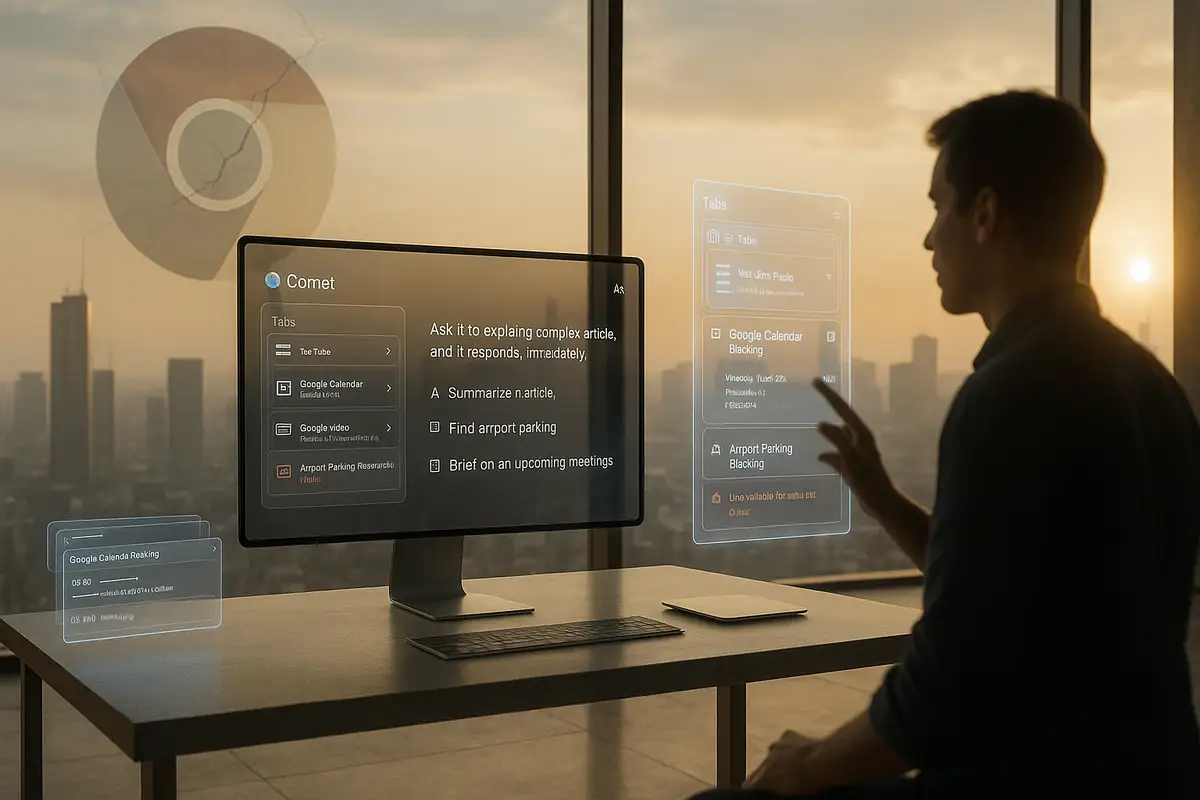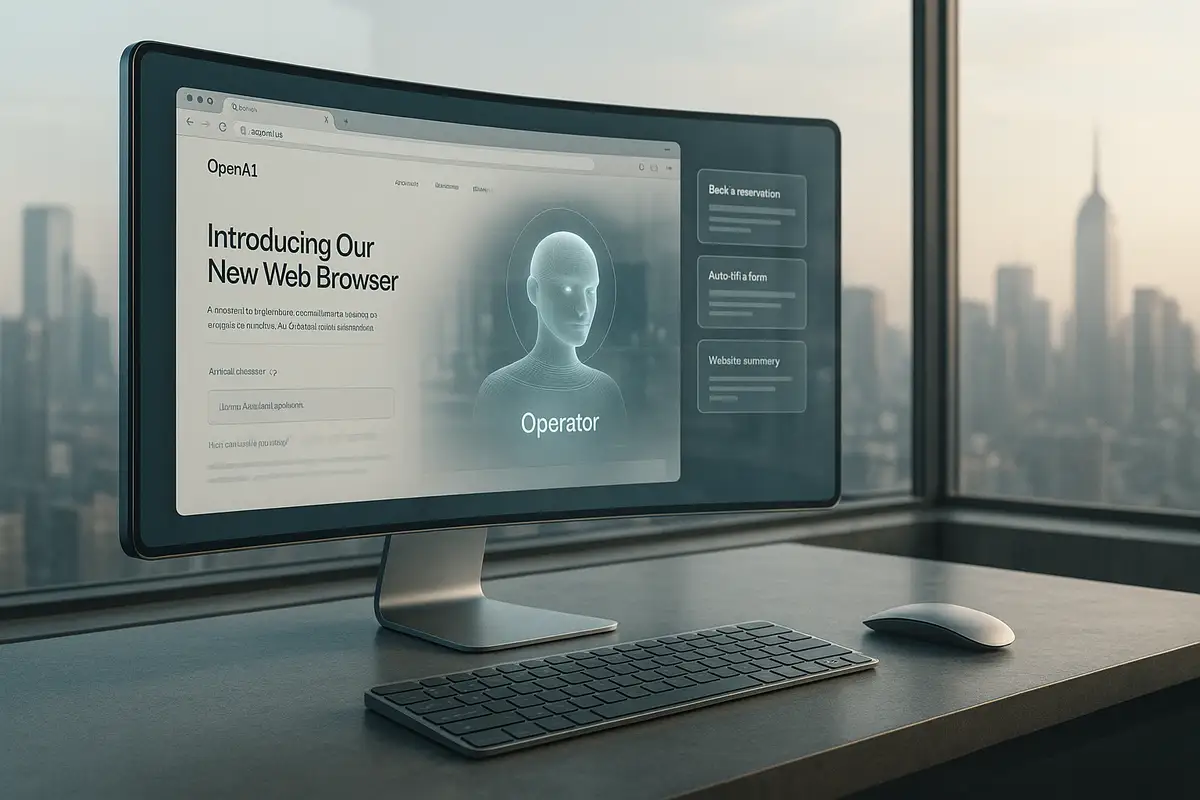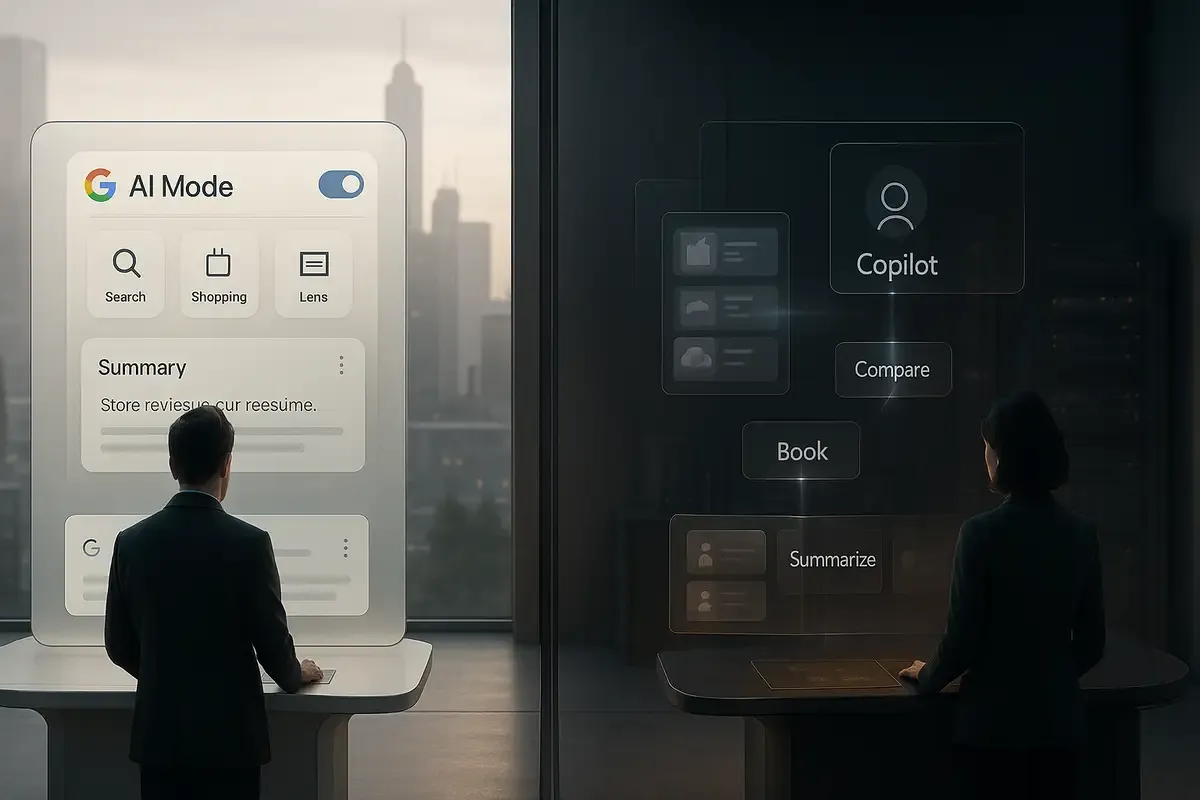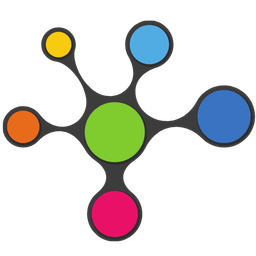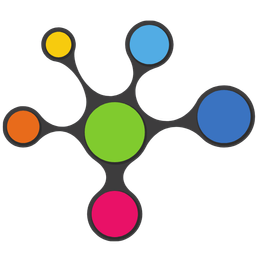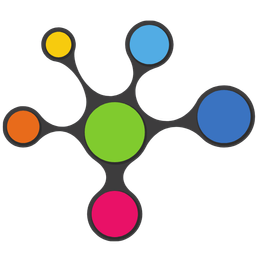💡 TL;DR - The 30 Seconds Version
👉 Google and Microsoft launched competing AI features in Chrome and Edge browsers, turning web browsing into an AI battleground.
📊 Chrome's AI reaches 2 billion users across 200+ countries, while Google increased AI spending to $85 billion this year.
🔍 Edge's Copilot Mode searches across all open tabs and can book reservations using your browser history and credentials.
💰 Microsoft offers Copilot Mode "free for a limited time" before switching to subscription pricing for AI features.
🎯 Both companies collect browsing data to train AI systems, making browser choice effectively an AI ecosystem choice.
🚀 The race aims to capture user habits before they solidify, following lessons learned from mobile platform dominance.
The browser wars just got weird. Google and Microsoft aren't fighting over speed or security anymore. They're stuffing AI into every corner of their browsers, hoping you'll never leave.
Google fired the latest shot with Chrome's new store review feature. Click an icon next to any web address and you get an AI summary of what other shoppers think. The tool pulls data from Google Shopping and review sites, covering everything from customer service to return policies. It's currently US-only, which feels oddly cautious for Google.

Chrome also added an AI Mode shortcut to its new tab page. The pill-shaped button sits next to the voice input and Google Lens icons, complete with a sparkle animation that screams "look at me." It opens google.com/aimode, where you can switch between models and access premium features if you're paying for AI Pro or Ultra.
Microsoft Swings Back Hard
Microsoft wasn't about to let Google have all the AI fun. The company launched an experimental Copilot Mode in Edge that makes Chrome's features look quaint. Copilot can search across all your open tabs, compare hotels you're researching, or help you pick between products spread across multiple windows.
"Copilot will soon be able to guide you in your tasks and organize your browsing — past and present — into helpful, topic-based journeys," says Sean Lyndersay, Microsoft's vice president of product for Edge. That's corporate speak for "we're watching everything you do."
The voice navigation feels particularly aggressive. You can ask Copilot to find information on any website or compare products without lifting a finger. Microsoft plans to let Copilot access your browser history and credentials to book reservations on your behalf. Because nothing says convenience like giving AI your passwords.
At least Microsoft offers an escape hatch. "With Copilot Mode, you can also choose to turn the experience on and off as you wish through your Edge settings," Lyndersay notes. That's more than you can say for most AI rollouts these days.
The Numbers Game
Google's AI push appears to be working. CEO Sundar Pichai declared that "AI is positively impacting every part of the business" during the company's latest earnings call. The numbers back him up.
AI Overviews now reaches over 2 billion monthly users across 200-plus countries and 40 languages. AI Mode has more than 100 million monthly active users in the US and India. The Gemini app hit 450 million monthly active users, with daily requests growing over 50 percent from the previous quarter.
More interesting is how AI changes user behavior. "We are also seeing that our AI features cause users to search more as they learn that Search can meet more of their needs," Pichai said. That's especially true for younger users, who apparently can't get enough of AI-powered search.
Infrastructure Arms Race
All this AI requires serious hardware. Google bumped its planned capital expenditures for the year up to $85 billion—a $10 billion increase. CFO Anat Ashkenazi explained the jump: "Our updated outlook reflects additional investment in servers, the timing of delivery of servers, and an acceleration in the pace of datacenter construction, primarily to meet cloud customer demand."
That spending puts Google in direct competition with OpenAI and Meta, who are building their own massive data centers. It's an expensive game of keeping up with the Joneses, except the Joneses are burning through billions on GPUs.
User Experience Battle
The real fight isn't about features—it's about attention. Both companies want to become your default thinking partner. Google hopes you'll never leave its ecosystem if Chrome can answer questions, summarize reviews, and handle searches without opening new tabs.
Microsoft takes a different approach. Edge's Copilot Mode feels more like having a helpful assistant who knows too much about your browsing habits. It can connect dots across your entire online session, which is either incredibly useful or mildly terrifying.
Microsoft calls Copilot Mode "free for a limited time," with usage limits on certain features. They're basically offering you free drugs, then charging once you're hooked.
Here's what's really happening though. Google and Microsoft know they need to grab users now, before habits solidify. They watched what happened in mobile—whoever got there first usually stayed on top.
Why this matters:
• Your browser choice just became your AI choice—Chrome locks you into Google's AI world, Edge ties you to Microsoft's version, and switching later gets messy fast.
• This isn't really about better browsing—it's about data collection. Both companies want to watch how you think, shop, and decide things, then feed that information back into their AI systems.
❓ Frequently Asked Questions
Q: How do I turn off these AI features if I don't want them?
A: Microsoft lets you disable Copilot Mode through Edge settings. Google hasn't announced opt-out options for Chrome's AI features, though you can simply avoid clicking the AI Mode shortcut or store review icons. Edge offers more user control currently.
Q: Are these AI browser features free?
A: Chrome's store reviews and AI Mode shortcut are free now. Microsoft calls Edge's Copilot Mode "free for a limited time" with usage limits, suggesting future subscription pricing. Google charges for premium AI Pro/Ultra features within AI Mode.
Q: When will these features be available worldwide?
A: Chrome's store reviews are US-only currently. The AI Mode shortcut appears in Chrome 138 for Mac and Chromebooks in the US. Microsoft is testing Copilot Mode as "experimental" with no global rollout timeline announced.
Q: Can Edge's Copilot actually book restaurant reservations?
A: Not yet. Microsoft says Copilot will "soon" access your browser history and credentials to handle bookings, but this feature isn't live. Currently, Copilot searches across tabs and provides voice navigation but can't complete transactions.
Q: Is my browsing data safe with these AI features?
A: Both companies collect browsing data to train AI systems. Microsoft plans to access browser history and stored credentials. Google uses search and shopping behavior data. Neither has detailed data retention policies for these specific features.
Q: How accurate are Chrome's AI-generated store reviews?
A: Google pulls data from Google Shopping and "other popular review websites" but hasn't disclosed which sources or weighting methods. Accuracy depends on underlying review quality, which varies significantly across different e-commerce sites.
Q: Will these AI features slow down my browser?
A: Neither company has released performance benchmarks. However, Google increased infrastructure spending to $85 billion partly for AI demand, suggesting significant computational requirements that could impact browser speed on older devices.

